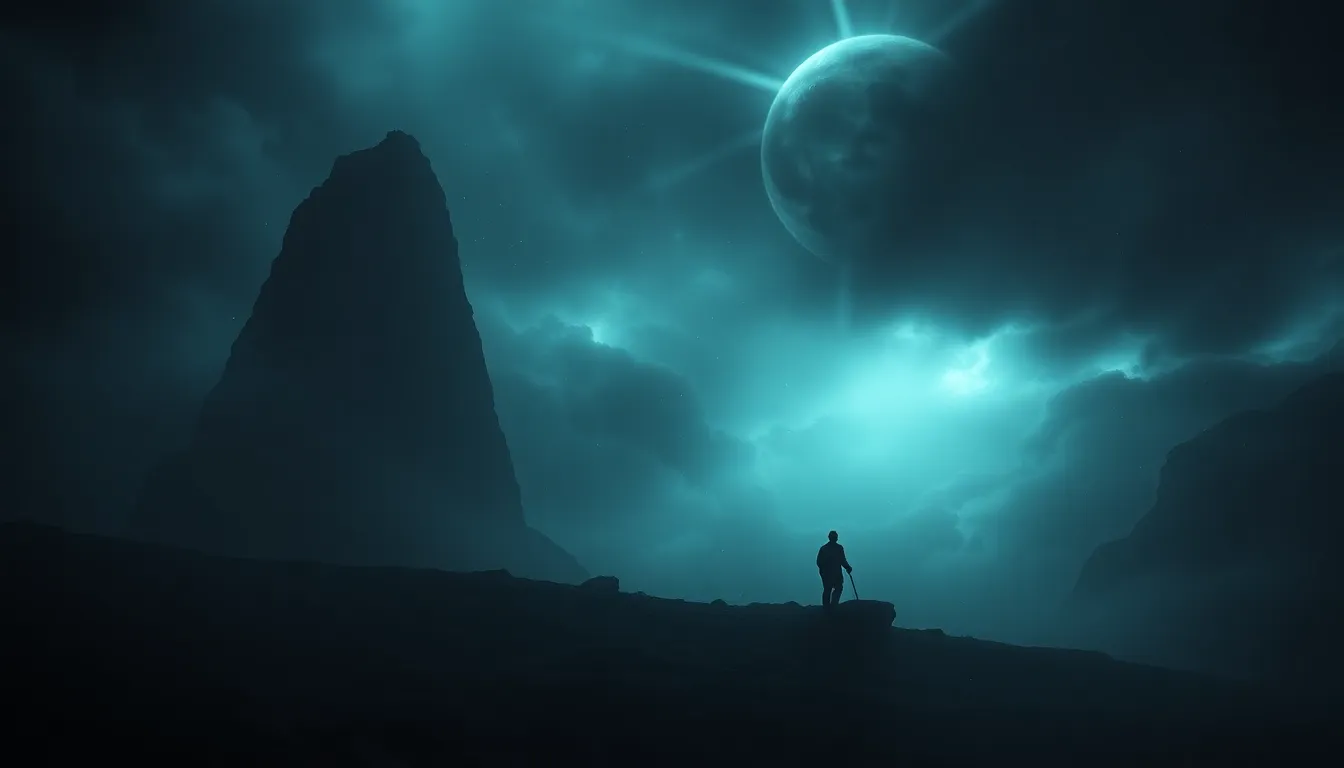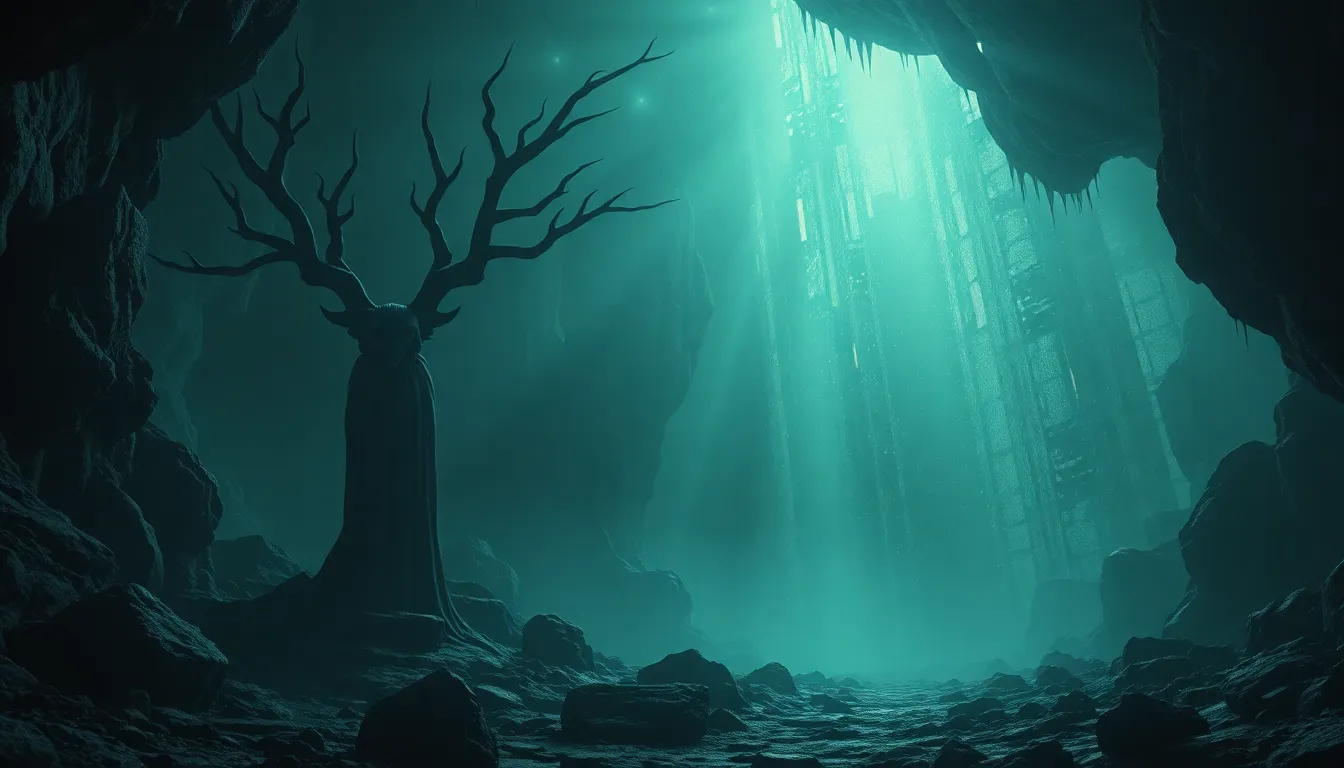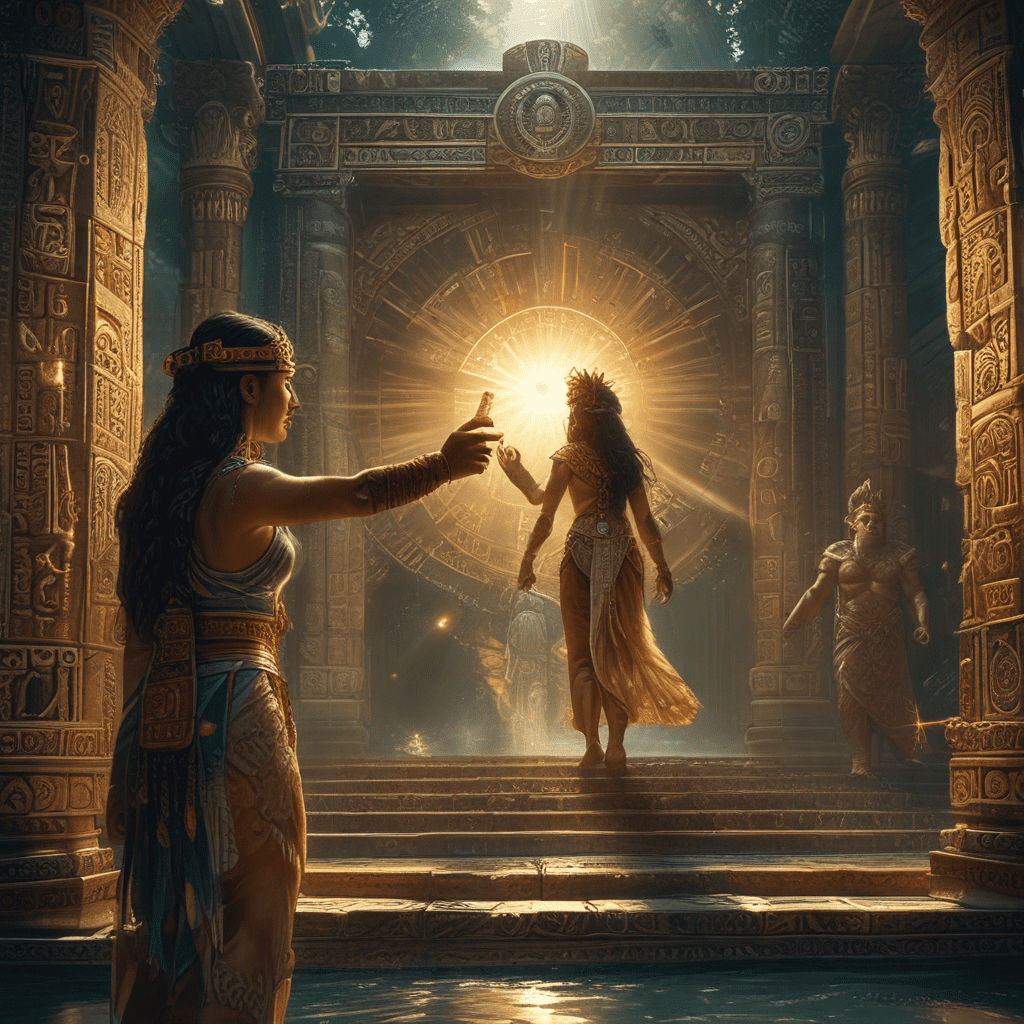Chasing Shadows: Legendary Expeditions into the Unknown
I. Introduction
Expeditions into the unknown have long fascinated humanity, representing the very essence of adventure and discovery. These journeys into uncharted territories have not only expanded our understanding of the world but have also shaped our cultures and histories. Throughout the ages, explorers have ventured into the unknown, driven by a desire to uncover secrets that lay beyond the horizon. This article focuses on some of the most legendary expeditions in history, delving into the motivations, challenges, and the enduring legacies of those who dared to explore.
II. The Spirit of Adventure: Understanding Exploration
Exploration is deeply rooted in human history, with the earliest known expeditions dating back to prehistoric times. These journeys were often undertaken out of necessity, as early humans sought new territories for food and shelter. However, as civilizations evolved, exploration took on new dimensions.
There are several key motivations behind legendary expeditions:
- Scientific discovery: Many explorers were driven by the quest for knowledge, seeking to understand the natural world and its phenomena.
- Wealth and resources: The promise of riches, whether in the form of gold, spices, or other valuable commodities, has propelled countless expeditions.
- National pride and competition: As nations vied for power and prestige, exploration became a means to assert dominance over rivals.
Myths and legends have also played a significant role in shaping the narratives of exploration. Stories of lost civilizations, hidden treasures, and mysterious lands have inspired countless adventurers to set forth into the unknown.
III. Iconic Expeditions of the Ancient World
Several iconic expeditions from the ancient world stand out for their impact on history and culture:
A. Alexander the Great: Conquests and discoveries
Alexander the Great’s campaigns in the 4th century BCE took him across vast territories, from Greece to Egypt and into India. His expeditions not only expanded his empire but also facilitated cultural exchanges and the spread of knowledge.
B. Marco Polo: The journey to the East
Marco Polo’s travels in the 13th century opened the West’s eyes to the riches of the East. His accounts of his journey to China and interactions with Kublai Khan inspired future explorers and fueled interest in trade routes to Asia.
C. The Age of Discovery: Columbus and Magellan’s voyages
The Age of Discovery, spanning the 15th to the 17th centuries, was marked by daring voyages that reshaped global trade and cultural interactions. Christopher Columbus’ 1492 expedition led to the European awareness of the Americas, while Ferdinand Magellan’s circumnavigation of the globe in 1519 was a monumental achievement in navigation and exploration.
IV. The Age of Exploration: The 15th to 18th Centuries
This era saw remarkable journeys that pushed the boundaries of the known world.
A. Key figures and their legendary journeys
- Vasco da Gama: His voyage to India in 1498 opened sea routes for European trade with Asia.
- Captain Cook: His explorations in the Pacific during the 18th century provided detailed maps and insights into previously unknown lands.
B. The quest for the Northwest Passage
The elusive Northwest Passage represented a shortcut to the riches of the East. Numerous expeditions, including those led by John Franklin, sought this route, ultimately leading to tragic ends and a deeper understanding of the Arctic.
C. Mapping the uncharted territories: The impact of exploration
These voyages resulted in more accurate maps, transforming navigation and facilitating further exploration and trade.
V. 19th Century Expeditions: Conquering the Last Frontiers
The 19th century was characterized by expeditions that sought to conquer the most remote and inhospitable regions of the Earth.
A. The exploration of the Arctic and Antarctic
- Franklin’s lost expedition: Sir John Franklin’s disastrous attempt to navigate the Northwest Passage in the 1840s remains one of the great mysteries of exploration.
- Shackleton’s endurance: Ernest Shackleton’s 1914 expedition to Antarctica is legendary for his leadership and survival in the face of seemingly insurmountable odds.
B. Discovering the sources of the Nile
The quest to uncover the sources of the Nile led to famous encounters between explorers such as David Livingstone and Henry Morton Stanley, who became renowned for their explorations in Africa.
C. The impact of these expeditions on global understanding
These expeditions expanded our geographical knowledge and highlighted the challenges of human endurance against nature.
VI. The Role of Technology in Expanding the Unknown
Technology has always played a crucial role in exploration. Innovations have transformed how explorers navigate and communicate.
A. Advancements in navigation and communication
From the astrolabe to the sextant, navigation tools have evolved, allowing for more accurate travel across vast distances.
B. The impact of steam power and motorized vessels
The introduction of steam power revolutionized maritime exploration, enabling faster and more reliable voyages.
C. Modern technology and its influence on exploration
Today, technologies such as drones and satellites allow us to explore areas once thought inaccessible, providing new insights into our planet.
VII. The Legends of Lost Civilizations
Throughout history, the search for lost civilizations has captivated explorers and adventurers alike.
A. The search for Atlantis: Myth vs. reality
The legend of Atlantis has inspired countless expeditions, with many theorizing about its possible locations and existence.
B. El Dorado: The quest for the golden city
The allure of El Dorado drove many explorers into the jungles of South America, often leading to hardship and despair.
C. Other legendary civilizations: The Incas, Mayans, and beyond
These ancient civilizations continue to intrigue, with their ruins and artifacts offering clues to their histories and cultures.
VIII. Modern Expeditions: New Frontiers in Science and Exploration
In the contemporary era, exploration has taken on new dimensions, expanding beyond our planet and into the depths of the oceans.
A. Space exploration: The final frontier
Humanity’s journey into space represents the ultimate exploration, with missions to the Moon, Mars, and beyond pushing the boundaries of what we know.
B. Underwater expeditions: Discovering the ocean’s depths
Explorers like those aboard the submersible DSV Alvin have revealed the mysteries of the ocean floor, discovering new species and ecosystems.
C. The exploration of remote jungles and uncontacted tribes
Modern expeditions continue to seek out uncontacted tribes, raising ethical questions about the impact of exploration on indigenous cultures.
IX. The Ethical Considerations of Exploring the Unknown
As we continue to explore, it is crucial to consider the ethical implications of our endeavors. Exploration can lead to:
- Environmental degradation through disruption of ecosystems.
- Cultural insensitivity towards indigenous peoples and their rights.
- Exploitation of resources without regard for local communities.
As we chase the shadows of the unknown, a responsible approach to exploration is essential for preserving the integrity of the world we seek to understand.


